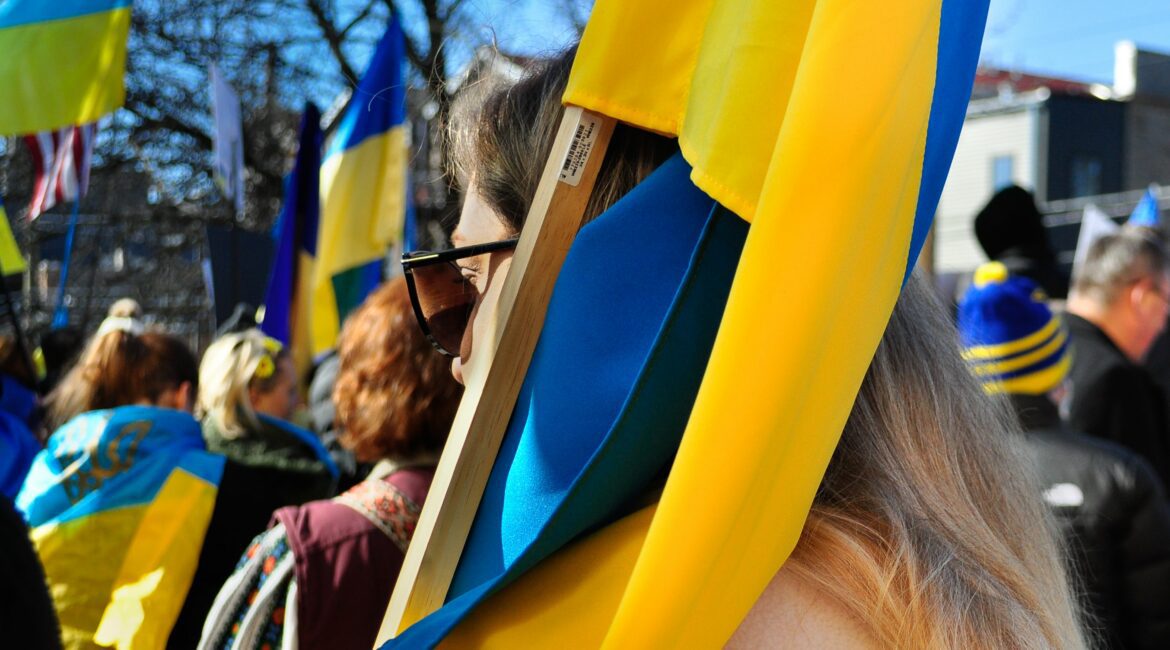In the Middle East, the effects of the Ukrainian conflict have already trickled down to US client regimes, many of which also enjoying good relations with Russia. The United Arab Emirates is one of these US followers. Washington provides them with military technology (despite their dreadful human rights record). In return, the UAE collaborate with the United States and have recently established a strong alliance with Israel. The United States rewarded them by supplying advanced fighter jets.
And yet the UAE abstained from voting on the March 3 Security Council resolution condemning Russia's actions in Ukraine, which Russia vetoed. But they voted for the General Assembly resolution that said the same thing. Today, the UAE, and in particular Dubai, is seen as a haven for Russian billionaires heavily sanctioned by the West.
Gulf countries like the UAE are caught between their absolute loyalty to the United States and their growing closeness to the Russian government, especially as they lament what they see as a US withdrawal from the Middle East. Many Gulf despots are still unhappy that the United States let down Hosni Mubarak in Egypt and Zein Abidin Bin Ali in Tunisia during the 2011 Arab uprisings.
Among the Gulf countries, only Qatar has taken a strong position in support of Ukraine. But he did not join the economic war against Russia. The emir of Qatar was recently welcomed into the Oval Office and his country was awarded the status of a "major non-NATO ally." In addition, the United States wants Qatar to meet Europe's gas needs following sanctions on Russian gas sales.
The regimes of the Gulf, and other developing countries, will adapt to a new world in which the configuration of power is changing. This is no longer the world the United States shaped after the Cold War.
Russia does not have the power or influence of the United States. But Russia is an influential regional player; its role in Syria has shown its ability to prop up a weak regime and operate outside US maneuvers to overthrow Bashar al-Assad. Already, Gulf governments foresee a world in which the United States demonstrates less military assertiveness than before. To this end, the UAE has established a strong alliance with Israel.
Gulf regimes are not favored by Washington like Israel is. Israel followed the United States in expressing support for Ukraine. He cannot afford to antagonize the Biden administration after the damage to his image during the Obama-Netanyahu era.
But the Russian-Ukrainian crisis will undermine the rhetoric of the United States and the European Union on the Arab-Israeli conflict. It will not be easy to sell the so-called peace process after their categorical refusal to support the diplomatic channel between Russia and Ukraine. Meanwhile, the United States preaches strict pacifism for Arabs facing decades of Israeli occupation and aggression.
After only the first two days of the conflict, around 30 countries have sent advanced missiles and weapons to Ukraine, defending the right to resistance. Palestinians, on the other hand, are denied even the right to peaceful resistance. Indeed, the United States and Europe have gone so far as to outlaw BDS (boycott, sanctions and divestment in Israel) while brandishing sanctions around the world. How can Palestinians take seriously the Western insistence that their struggle against occupation must never resort to violent means?
The world we live in is changing, and the impact of Russian intervention in Ukraine will not be limited to that country, or even to Europe. The United States realizes that the world is slipping away from them. But they will not tolerate it. They will use force to try to maintain their grip on humanity. Violent conflict is likely to dominate our world now.

